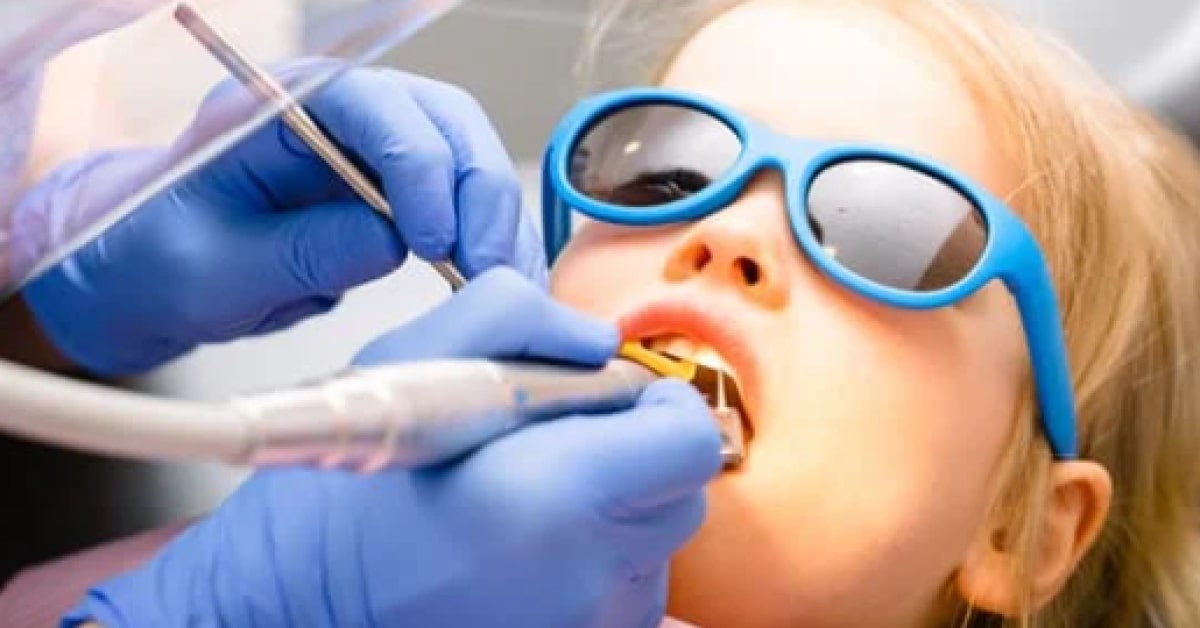Blog
March 22, 2023 • 12 min readPregnancy, Birth Complications, and Poor Oral Health
Poor oral health can increase the risk of complications during pregnancy and birth. Learn how to keep your mouth healthy and reduce the risk of complications.
Author
Danielle Duncan

In this Article
It’s no secret that oral health can play a huge role in the overall well being of a person’s whole body health. But, what does that mean for those who are pregnant?
With what seems to be back to back appointments, stress, excitement, and preparation, it can be all too common for oral health to take a back seat during pregnancy, but it shouldn’t. Dental health is an essential part of prenatal care. Oral health and pregnancy is a double-edged sword in that oral health affects pregnancy and pregnancy can affect oral health, there is a balancing act that must occur to ensure that pregnant patients are avoiding unnecessary complications by ignoring their dental visits.
How does pregnancy affect oral health?
There are several different oral health problems that can arise during pregnancy. Some of them are:
- An increase in hormones such as progesterone and estrogen can increase the risk for oral health problems.
- Eating habits change during pregnancy, you may reach for foods that you may not have eaten previously, or may want more than you would have normally eaten. The kinds of food that you choose to eat during pregnancy can impact whole mouth health. Some patients may even develop a condition called pica, this can cause them to eat things that can damage their teeth (such as chewing on a lot of ice, or non-edible objects)
- Pregnancy can take a lot out of you or a patient, this means that brushing and flossing routines may not always be at the forefront of the priority list. During pregnancy oral health routines often suffer or can go away completely due to tiredness or nausea.
These changes in oral health routines and how pregnancy affects the diet can lead to a number of different oral ailments or complications.
- Cavities (also known as tooth decay or caries) Being pregnant increases the risk of cavities due to the foods being eaten, nausea and a lack of appropriate oral health routines. If untreated, these cavities can cause the bacteria that causes them to pass between your mouth and to the baby, both during pregnancy and after birth. It has been found that this bacteria can cause problems for the baby much later in life.
- Mercury Fillings. Getting fillings may be more complicated. Fortunately, if a cavity is found, they can usually be treated with a filling easily. However, it is very important that medical histories are updated to note that the patient is pregnant to avoid the use of fillings that contain mercury. If a filling with mercury is used, it can pass from the mother to the baby and also comes with a higher risk of miscarriage, preeclampsia, and low birthweight for babies.
- Gingivitis, an inflammation of the gums, if untreated can lead to serious gum disease and infection. The hormones that are increased during pregnancy can increase the risk of gingivitis. If you or your patient see redness and swelling, tenderness in the gums, shiny gums, or bleeding of the gums even when brushing gently, it is likely gingivitis and should be treated quickly to prevent systemic infection that can affect the baby.
- Loose teeth. The high levels of hormones during pregnancy can temporarily loosen tissues and bones throughout the body, this includes teeth. Keeping on top of a dental routine and seeing a dentist frequently during pregnancy is important to prevent any complications.
- Periodontal disease (gum disease/periodontitis) is what happens if gingivitis is left untreated. This serious infection can cause a slew of problems and requires immediate treatment.
- Non-cancerous pregnancy tumors, also known as pyogenic granuloma are lumps that form on the gums between teeth. These tumors are easy to bleed and can cause a lot of discomfort. Typically, dental professionals will walk the pregnant patient through caring for their oral health without disturbing the tumors as they will typically go away on their own after pregnancy.
- Tooth erosion can be increased due to morning sickness and vomiting. The acid can harm the enamel surface of the tooth and if an appropriate oral hygiene routine isn’t followed, can do lasting damage.
Some signs and symptoms of oral health problems during pregnancy to watch out for are:
- Loose teeth
- Bad breath
- New spaces between teeth
- Mouth sores or lumps
- Receding gums
- Toothache or oral pain
- Red, swollen gums
If you notice any redness or swelling, it is important to follow up with a dental professional right away to prevent infection from spreading to the baby.
How can oral health problems be prevented during pregnancy?
First and foremost it is incredibly important to make sure you are attending your regular dental checkups throughout pregnancy.
During these appointments, make sure you tell your dentist that you are pregnant, about any medications (and supplements) that you are taking and any concerns that you may have.
If your pregnancy is high risk, you should work closely with your medical and dental practitioners to reduce the risk caused by poor oral health.
So long as patients and dentists work together, it is possible to limit the effect of oral health on pregnancy and pregnancy on oral health.
You can also help your patients by limiting the amount of out of pocket expenses they face by billing medical insurance for dental treatments. Learn more today!



